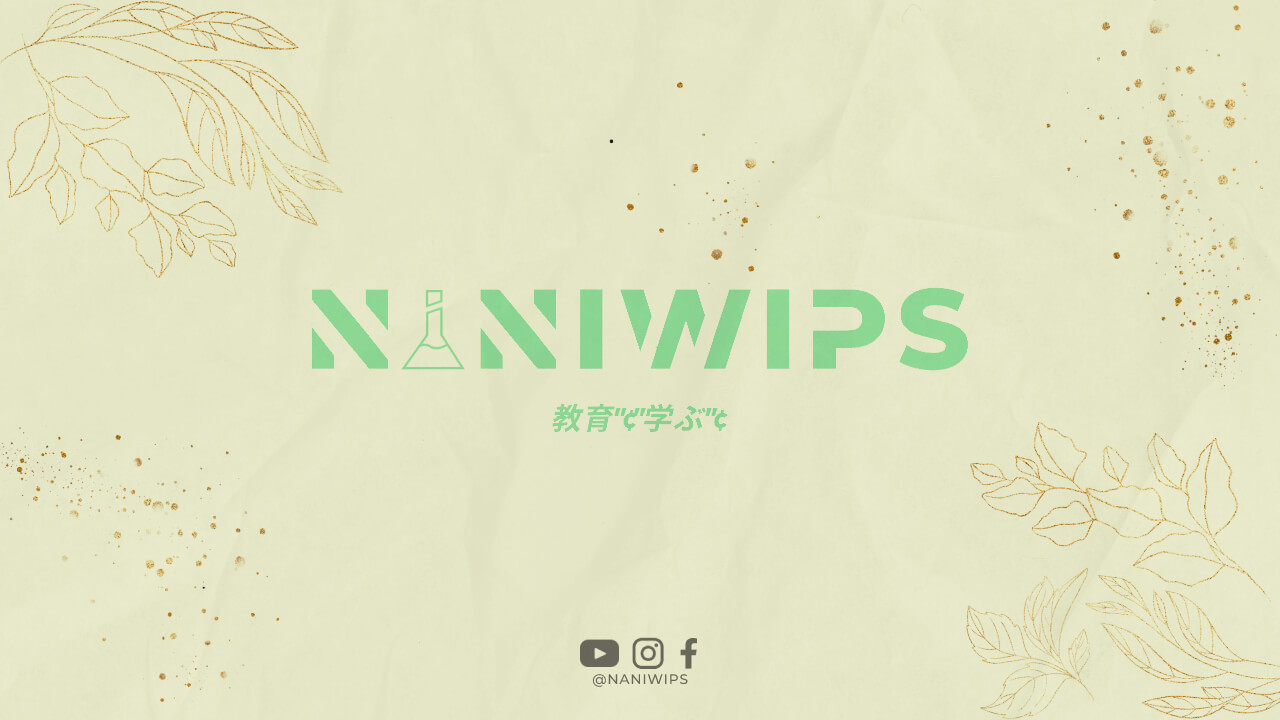カリキュラム 保育 (curriculum hoiku) refers to the educational program offered to young children in Japan. As a parent or caregiver, it is important to understand the significance of a good curriculum in early childhood education. This article aims to provide an overview of the importance of curriculum in early childhood education and how it impacts a child’s development.
What is Curriculum?
Curriculum refers to the set of educational activities, goals, and objectives that are designed to be taught to a child at a particular age or grade level. In early childhood education, the curriculum is designed to promote the development of a child’s cognitive, social, emotional, and physical skills. The curriculum is also designed to support the child’s learning and development through play-based activities, exploration, and discovery.
Why is Curriculum Important in Early Childhood Education?
Curriculum is important in early childhood education because it provides a framework for learning and development. A well-designed curriculum ensures that children are exposed to a variety of experiences that promote their holistic development. The curriculum also helps teachers to plan and organize activities that are developmentally appropriate for each child.
Furthermore, a good curriculum encourages children to be active learners. It promotes curiosity, creativity, and critical thinking skills. A well-designed curriculum also ensures that children are engaged in activities that are meaningful and relevant to their lives, which helps to foster a love of learning.
The Components of a Good Curriculum
A good curriculum in early childhood education should have the following components:
- Goals and Objectives: The curriculum should have clear goals and objectives that are designed to promote the development of a child’s cognitive, social, emotional, and physical skills.
- Developmentally Appropriate Activities: The curriculum should be designed to meet the developmental needs of each child. Activities should be challenging but not overwhelming.
- Play-Based Learning: A good curriculum in early childhood education should encourage play-based learning. Play is an important part of a child’s development and helps to promote creativity, imagination, and problem-solving skills.
- Individualized Instruction: The curriculum should be designed to meet the individual needs of each child. Teachers should be able to modify activities to meet the needs of children with different learning styles and abilities.
- Assessment: A good curriculum should have a system for assessing a child’s progress. This helps to ensure that children are making progress and that the curriculum is meeting the needs of each child.
The Benefits of a Good Curriculum
A good curriculum in early childhood education has numerous benefits. It promotes the holistic development of each child, which includes their cognitive, social, emotional, and physical development. A well-designed curriculum also helps to prepare children for success in later years of schooling.
Furthermore, a good curriculum promotes the development of important skills such as problem-solving, critical thinking, and creativity. These skills are essential for success in all aspects of life.
The Role of Teachers in Implementing Curriculum
Teachers play a critical role in implementing a good curriculum in early childhood education. They are responsible for planning and organizing activities that are developmentally appropriate for each child. Teachers should also be able to modify activities to meet the needs of children with different learning styles and abilities.
Furthermore, teachers should be able to assess a child’s progress and make modifications to the curriculum as needed. They should also be able to provide individualized instruction to meet the needs of each child.
Conclusion
カリキュラム 保育 (curriculum hoiku) is an important aspect of early childhood education in Japan. A good curriculum promotes the holistic development of each child and prepares them for success in later years of schooling. Teachers play a critical role in implementing a good curriculum and should be able to modify activities to meet the needs of each child. As a parent or caregiver, it is important to understand the importance of a good curriculum in early childhood education and to support the teachers in implementing it.



